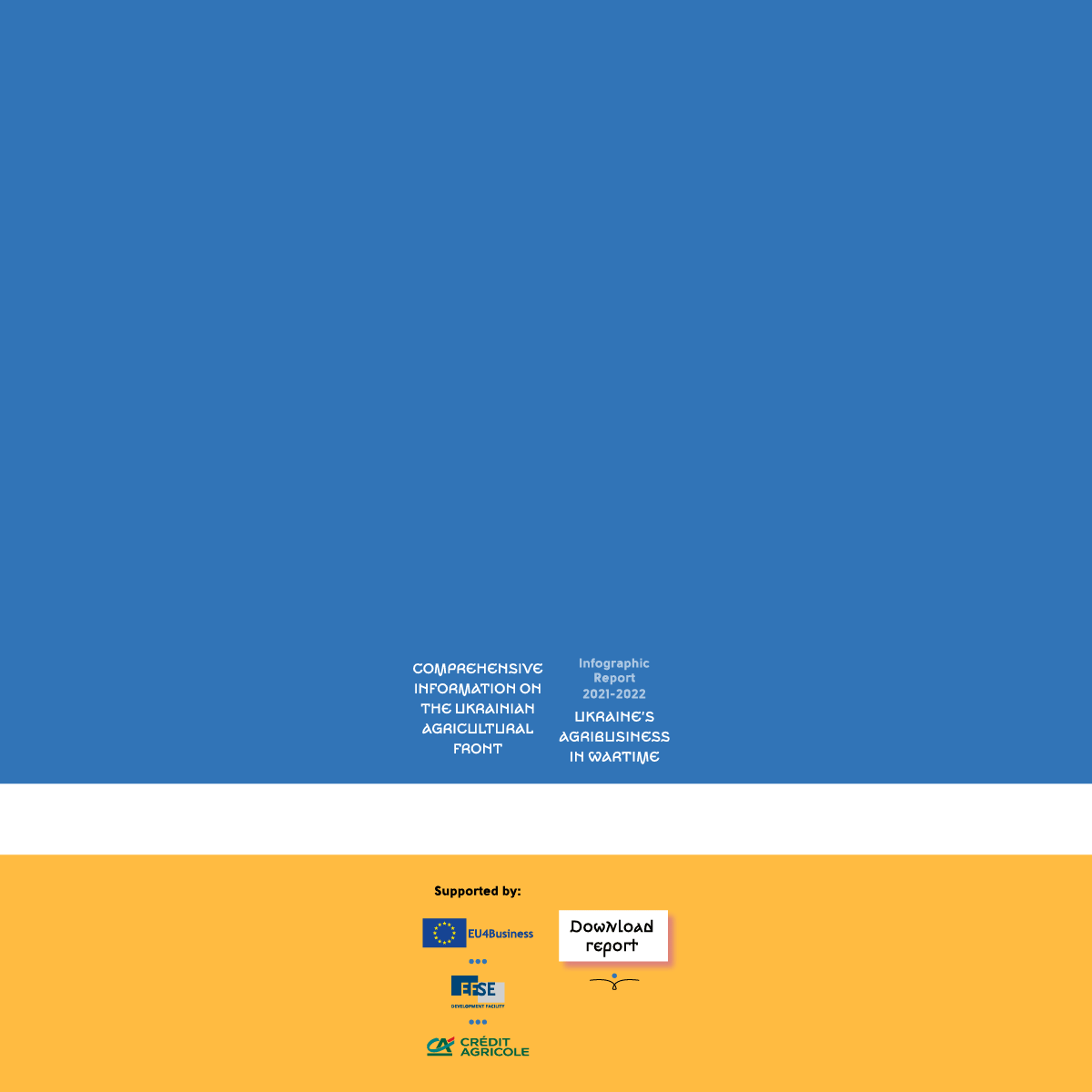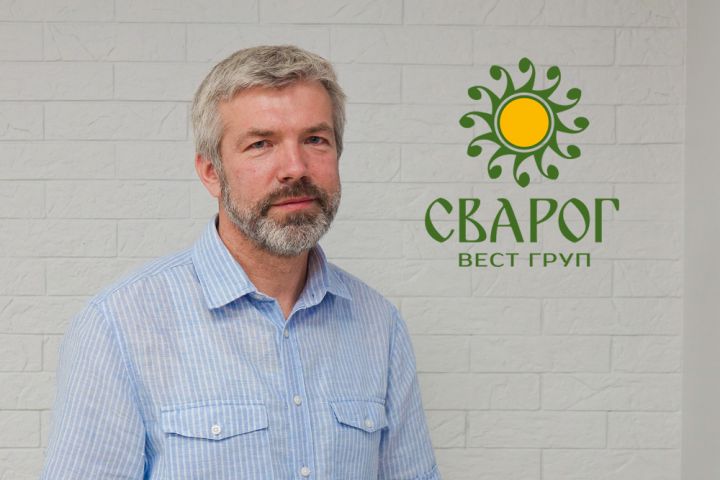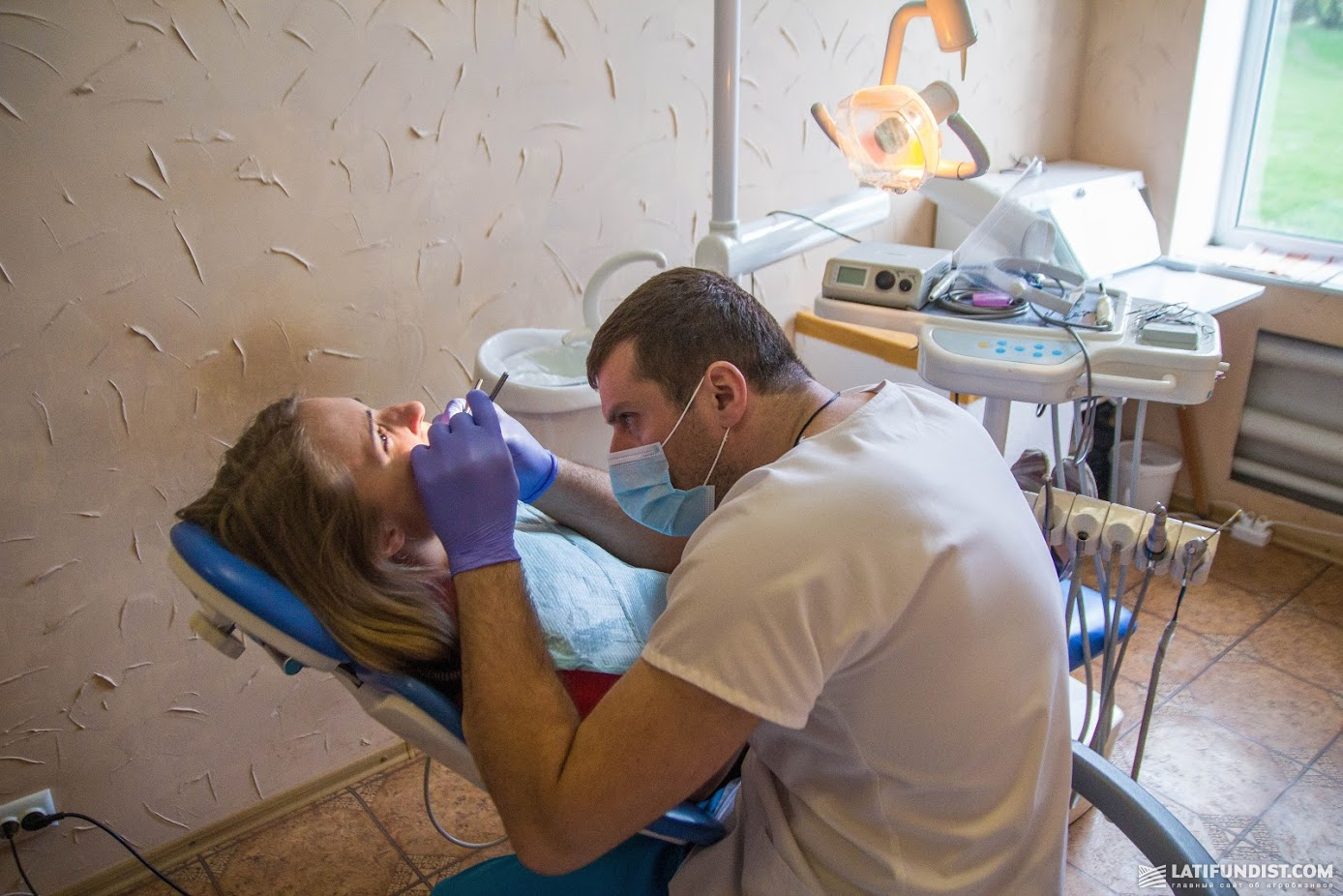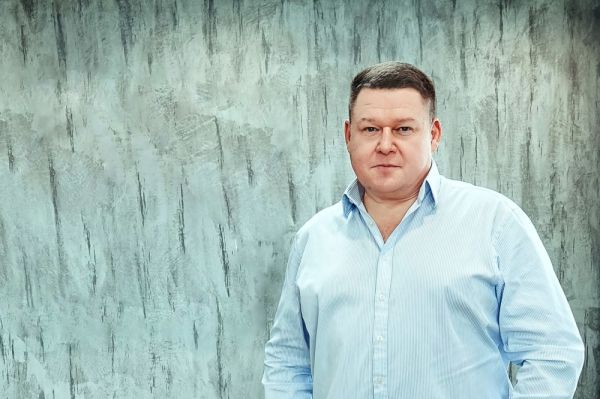To learn more about agribusiness in Ukraine, follow us on Facebook, on our channel in Telegram, and subscribe to our newsletter.
The Era of Trust: Svarog’s Practices
First of all, let us answer a couple of simple questions. What do employees do? What does a company need them for? It is obvious that the employee is there to perform a certain function. A company rents from an employee the skills and qualities required to do the job qualitatively and efficiently. In return, the company pays for the employee’s skills, knowledge, labour etc. The problem is that the company is not always willing to pay for everything it rents. What it does agree to pay for is called compensable factors. However, it is impossible to rent solely the skills leaving behind the “container”, i.e. the workers themselves. To quote Henry Ford: “Why is it every time I ask for a pair of hands they come with a brain attached?”
Related story: Medical Insurance for the Lessors: A Sign of Loyalty or Trend?
It is well known that salary is not the major motivator for the employees. It is simply one of the key elements of a compensation system. Pay raise has a motivating effect for a couple of months but it wears off fairly quickly. Therefore, apart from building a system of motivation, mature companies try to establish long-lasting and trust-based relations with the workers by finding additional instruments for building loyalty. One of the instruments is health insurance.
Market profile
Heath insurance is a given in many companies. However, its implementation depends on the maturity of the company. More often than not, companies begin to introduce similar programs when they become more forward-thinking and try to retain their personnel. Such programs bring people to the fore.

A research conducted by Ernst & Young showed that only 58% of the Ukrainian agro-companies offered health insurance programs for their employees. In 2017, 79% of all the agricultural companies in Ukraine used that instrument as benefits for the staff members. However, each company had their own standards. According to statistics, 60% of the companies offered health insurance to high-rank executives, fewer companies (58%) had such programs designed for senior executives, 42% of the companies provided them for middle-management levels; 25% of the companies had insurance covered for mid-level professionals and administration as well as support staff and average employees.
We did not apply a selective approach to health insurance and covered it for all the employees of Svarog West Group.
Insurance experience
Statistics prove that the most popular types of medical insurance (used by 86% of the companies) are ambulatory examination/health care, ambulance services and transportation of patients, procurement of essential medication and hospital care. 71% of the companies include dental care, 43% — refill the office medical kit.
When we plan for the future, it is trust that is very important. Svarog builds stronger relationship with its employees using a number of instruments starting with paying competitive salaries, improving workspace safety, providing lunches for office and field workers and offering health insurance for all the workers. Thus, we let our employees know that we appreciate them for who they are, not just for the function they perform. We see our employee as a person, not just as a pair of hands.
We were thinking about implementing health insurance for quite a while. The project was created a few years ago. The Board of Directors approved its implementation at the end of the last year (in November 2017).
The plan developed out of our HR strategy with the system of compensations being one of its building blocks. When people start a career, it is important for them to feel part of a larger whole.
In order to make the health insurance work, we had to make arrangements at the local hospitals and talk to the doctors. We needed to define what the program had to include and how many services health-care facilities could provide. It should be mentioned that in some districts of Chernivtsi region hospital officials had never heard of health insurance and thought that we came on behalf of the Ministry of Healthcare of Ukraine to implement the primary health care reform.

Region matters
The implementation of the project presupposed several stages. First of all, we needed to gather data and forward it to the insurance company. Then, we signed the agreement with the company so that our employees could receive special insurance cards. We also needed to explain to the employees what the program was about and how it worked.
The main problem we faced was the lack of suitable infrastructure in the regions where we operate. We were not in Kyiv with its multiple private clinics offering timely and quality services. We had to deal with village healthcare. One of the regional doctors told us that very often the ambulance arrived only to note that the patient was incurable, i.e. people would postpone getting medical care until it was too late. What we can do to change that is to enable people to call an ambulance when it is needed and get a free, quality service. Of course, the treatment will be carried out in the local hospital, not in a fancy one, but people will receive treatment when it’s needed instead of trying to cope with an illness on their own.

We want to get the best doctor for our employees. In the future, we hope to open positions for office doctors in the places where the company operates. We plan to begin with our central office in Shepetivka and spread the practice to other offices of the company.
We want to change people’s attitudes. We want doctors to welcome patients and offer quality treatment. When people know that their treatment is covered by their insurance policy they will be more willing to seek medical help.
We want our employees to know that the company cares for them. Providing health insurance is not a favour, it is our duty.
A good employee is a healthy employee
It is a win-win. The employees get their medical treatment covered by the company. Hospitals and doctors receive an additional source of funding for their services from the insurance company which stimulates the medical infrastructure.
Naturally, our company cannot do the job for the state but we can bring about changes on the micro-level. This may also motivate doctors to stay at the local hospitals providing quality services and getting decent salaries.
We have provided health insurance for over UAH 2 mln per year to 3500 people. The amount of insurance benefits for each worker is UAH 50 thousand to 150 thousand. The program works in every part of Ukraine. If an employee gets ill on a business trip or while having a vacation away from home, (s)he may still get medical help.

How does it work? The insurance company has signed contracts with clinics all over Ukraine. When an employee requires medical help, (s)he simply needs to call the insurance company, give the number of the insurance policy, personal data and location. Irrespective of the location, the company will arrange a treatment at the nearest medical institution they have signed a contract with. More information may be obtained by calling the insurance company's hotline. On our part, we have designed special memos that we give out to our employees together with their insurance policies.
The reaction of the employees
There were a number of other issues we had to deal with while implementing the program. Many employees were worried that we would ticket the price of the insurance out of their wages which, of course, is not how it works. Insurance is a sort of additional payment that the worker gets. We were ready to pay income taxes but we did not have to because our insurance payments of UAH 2500 were within the limits allowed by the Ukrainian legislation.
Other issues involved getting the most exhaustive information about the services they could expect to get through to the workers in order to avoid misunderstanding and misplaced expectations. We didn’t want to give vain promises. I think the worst possible scenario is to call for help and hear: “We are afraid this service is not covered by your insurance” in return.
It is important to specify that some services are only available to certain employees. However, the most essential treatment will be provided to all the workers despite their position in the company, it is their right to get it. The company will always defend the interests of its workers.
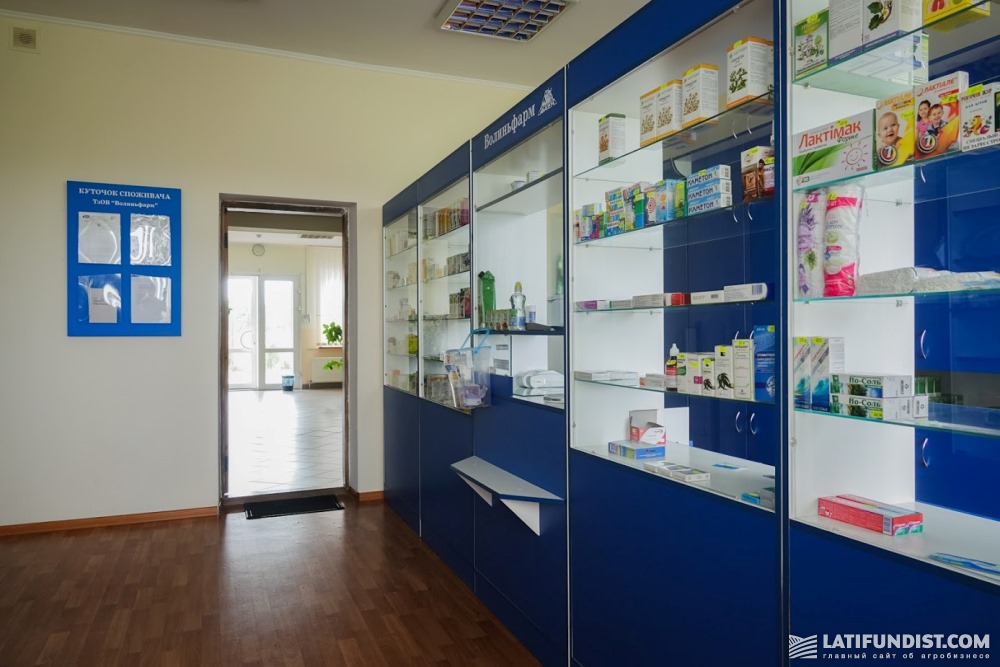
It is also worth mentioning that the company does not reimburse the money spent on medication, but ensures the treatment. Insurance is one of the elements of the compensation system, like salary. It is another step towards building fair, trusting and mutually beneficial relations between employees and employers. The next logical step will be accident insurance for the lessors which has been launched in July 2018.
Sergii Korolenko, HR Director at the Svarog West Group Corporation
